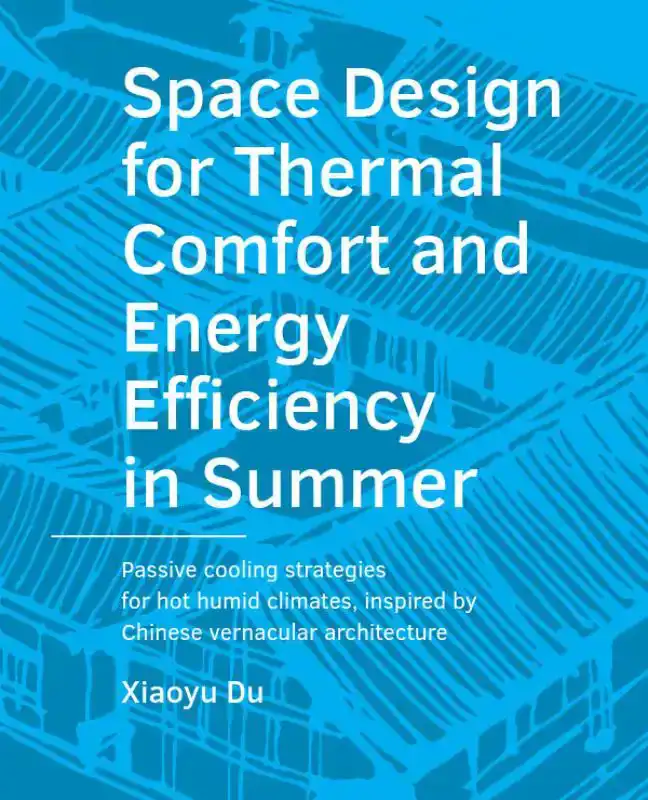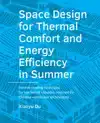- Engels
- Pockets
- kunst algemeen
- bouwkunst, archit.
- SPACE DESIGN FOR THERMAL COMFORT AND ENERGY EFFICIENCY IN SU
DU, XIAOYU
SPACE DESIGN FOR THERMAL COMFORT AND ENERGY EFFICIENCY IN SU
29,95incl BTW
Vertrouwd sinds 1927
Persoonlijke aandacht en advies
Vanaf 17,50 gratis verzenden NL & BE
Meer dan 150.000 artikelen online
Omschrijving SPACE DESIGN FOR THERMAL COMFORT AND ENERGY EFFICIENCY IN SU
Space is the empty part of the building, but its volume is important for the activities of occupants. Architects define the general spatial structures of buildings mainly in the early design stages, and the spatial properties, the connection of the s
paces and the boundary conditions of them are significant for the building function and performance. This research first clarified the relationship between spatial configuration of buildings, thermal environment and thermal comfort of occupants in su
mmer. The author got the inspiration from Chinese vernacular architecture. The concept of "building microclimate" was defined and the revelation of the relationship between spatial perception and adaptive thermal comfort was clarified. Secondly, the
potential of using spatial indicators to predict the airflow performance of buildings was found. The new application of the extended space syntax method is proposed to help architects and designers in the early design stages in designing a modern bui
lding that is thermally more comfortable and that has a lower energy demand. This research has some innovative findings in the interdiscipline of architectural spatial design, passive cooling and thermal comfort. It will enrich the green building sci
ence by introducing the theory and the applications for adaptive thermal comfort, principles of passive cooling by means of spatial design.
paces and the boundary conditions of them are significant for the building function and performance. This research first clarified the relationship between spatial configuration of buildings, thermal environment and thermal comfort of occupants in su
mmer. The author got the inspiration from Chinese vernacular architecture. The concept of "building microclimate" was defined and the revelation of the relationship between spatial perception and adaptive thermal comfort was clarified. Secondly, the
potential of using spatial indicators to predict the airflow performance of buildings was found. The new application of the extended space syntax method is proposed to help architects and designers in the early design stages in designing a modern bui
lding that is thermally more comfortable and that has a lower energy demand. This research has some innovative findings in the interdiscipline of architectural spatial design, passive cooling and thermal comfort. It will enrich the green building sci
ence by introducing the theory and the applications for adaptive thermal comfort, principles of passive cooling by means of spatial design.
Specificaties
- MerkBK Books
- GroepKUNST ALGEMEEN (640)
- Barcode9789463662185
- LeverstatusActief
Reviews
0.0/5.0
Gemiddelde uit 0 reviews
Meest behulpzame reviews
Nog geen reviews geschreven


